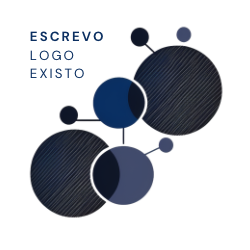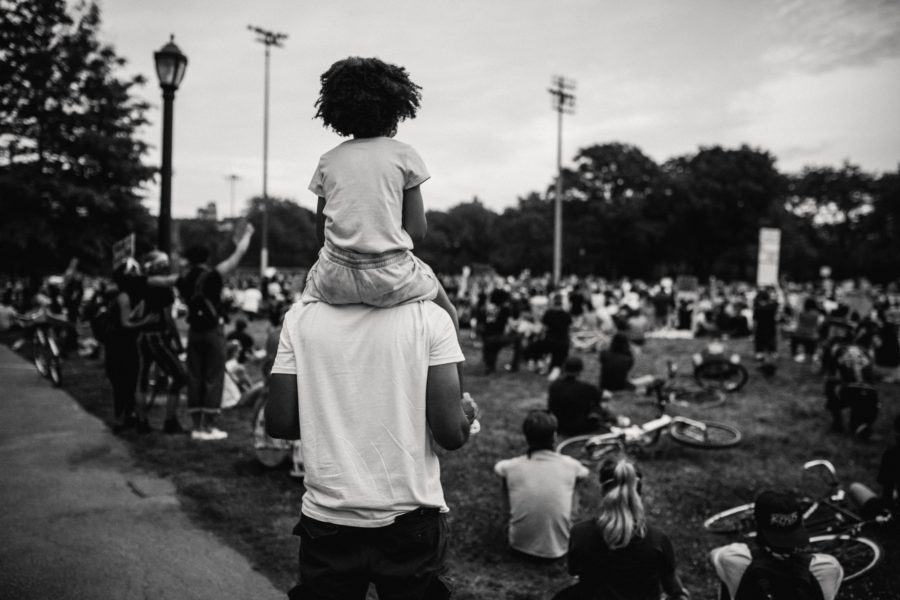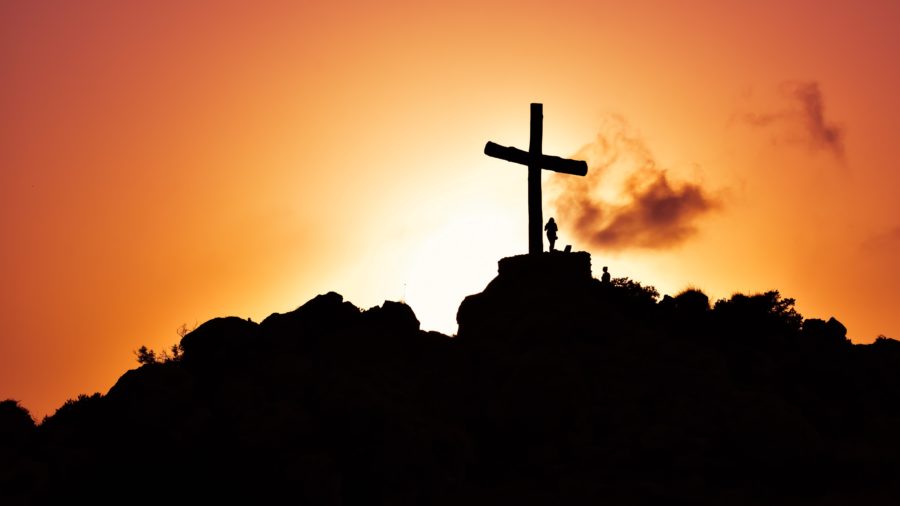É doloroso ter que voltar a falar de racismo depois do que aconteceu em Porto Alegre com o João Alberto Silveira Freitas (40), dentro do estacionamento do supermercado Carrefour. Diante das imagens de violência perversa, como desenvolver um discurso conciliador? Pensando na dor de mais uma família órfã de pai fica quase impossível defender a misericórdia pois “a misericórdia sem justiça conduz à ruína”, como diz Santo Tomás de Aquino.
Três meses atrás eu participei de um bate papo do canal do YouTube Papo Objetivo, onde conversamos sobre Racismo Estrutural. Mais uma vez vem à tona o mal que é a principal causa do genocídio sistemático do preto no Brasil e que precisa ser combatido por todos.
Das pessoas assassinadas no país entre 2008 e 2018, 75,5% são negras, segundo o Atlas da Violência. Uma pesquisa da ONG Rio de Paz, mostrou que entre 2016 e 2019, 91% das crianças mortas por “balas perdidas” no Rio de Janeiro, eram negras.
Só com o endurecimento das leis para crime de racismo, oportunidades iguais para os e as jovens pretas e, sobretudo uma política de reparação histórica, é que podemos tratar uma sociedade adoecida pelo racismo, como é a brasileira. Porém, o diálogo também nesse âmbito acabou polarizado, banalizando o fato de que todas as vidas importam, inclusive as vidas pretas.
Sem uma resposta incisiva e transversal continuaremos limitando a nossa luta à busca de uma justiça esvaziada de significado porque incapaz de olhar o todo e transformar as estruturas da nossa sociedade.






